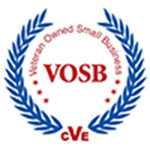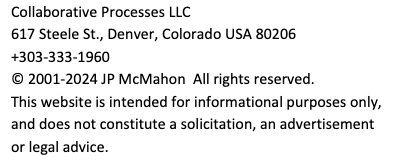Collaborative Processes
Collaborative processes® provides facilitation, mediation, consultation, planning advice to groups of persons, business entities, nonprofits/NGOs and government agencies that want to:
- Learn to make collaboration a real and meaningful component of their activities.
- Work effectively together toward common objectives.
- Where needed, use dialogue to transform conflict from destructive to productive.
- Collaboratively develop a strategic framework for action.
- Move collaboration from a concept or “vision statement” into action.
- Realize and accept the reality and benefits of inter-connectedness (avoiding the illusion of fragmentation and disconnection).
- Search broadly for options, avoiding the narrow field of view that law often brings to conflict.
- Use collaboration to create institutional strategies, and make important decisions.
My recently published article on organizational conflict
Our work with diverse groups has included environmental and natural resource matters, developing strategic frameworks, creating action plans, developing governmental policy and improving working relationships. Collaborative Processes is a verified Veteran Owned Small Business
Joseph McMahon’s Article on Mediation in ACResolution, 2014
Common steps in the mediation process (a schematic)



